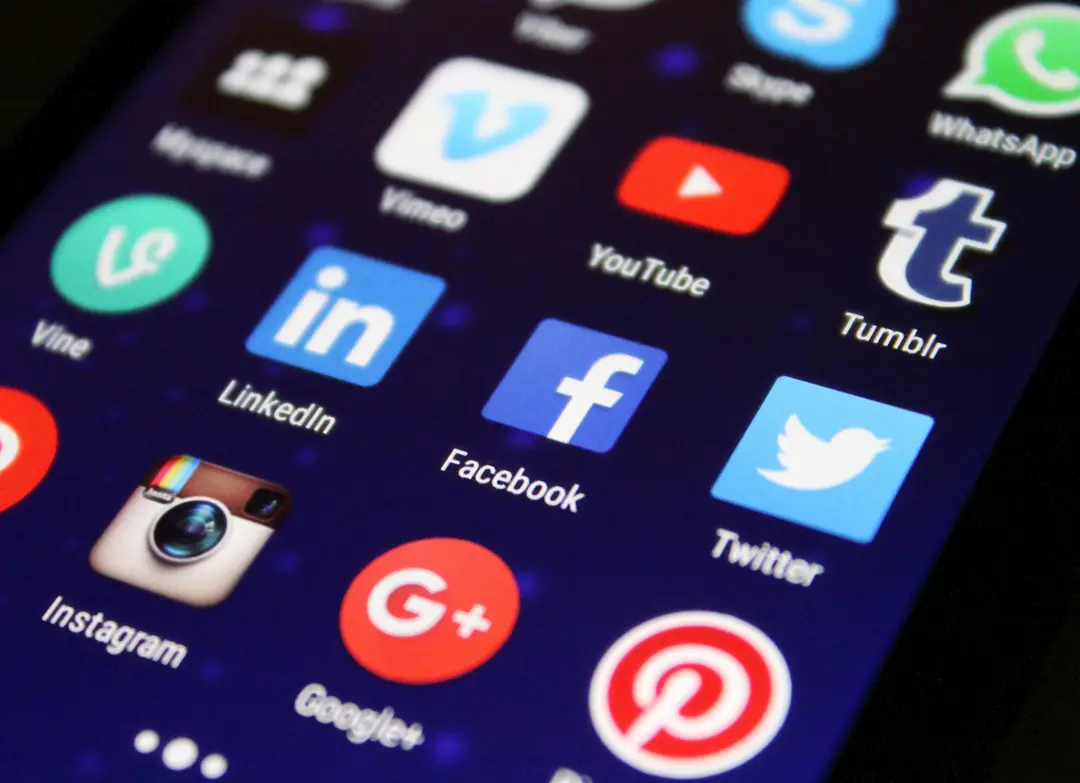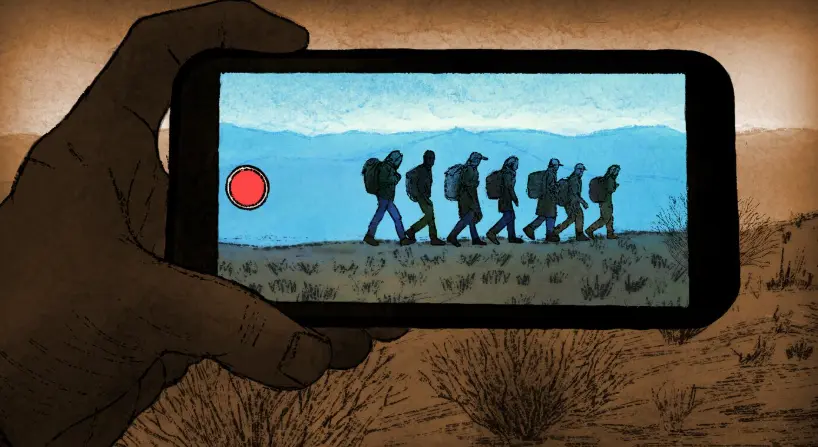When social media platforms first emerged, they were hailed as revolutionary tools for connection, creativity, and empowerment. They promised to bring people together, amplify voices, and democratize access to information. For many, including authors and advocates, social media seemed like a force for good—a digital campfire where stories were shared, friendships were forged, and movements were born. However, as the years have passed, the evidence has painted a more complex picture, revealing the darker side of these platforms and their impact on mental health, society, and culture.
The Early Promise of Social Media
In its infancy, social media was celebrated for its ability to connect people across distances and cultures. Platforms like Facebook, Twitter, and Instagram became spaces for self-expression, creativity, and community-building. For individuals struggling with anxiety or depression, social media offered a safe haven where they could share their experiences anonymously and find support from like-minded individuals.
Social media also played a pivotal role in global movements, such as the Arab Spring, where activists used platforms to organize protests and share information. It seemed that social media had the power to challenge oppressive systems and amplify marginalized voices.
The Shift in Perspective
As social media evolved, so did its impact on users and society. What once seemed like a force for good began to reveal its darker side. Studies highlighted the negative effects of excessive social media use, including increased rates of anxiety, depression, and loneliness. The curated nature of social media feeds created unrealistic standards of beauty, success, and happiness, leading to feelings of inadequacy and comparison.
Moreover, the anonymity that once empowered users to share their struggles also enabled cyberbullying, harassment, and the spread of misinformation. Social media platforms became battlegrounds for political polarization, with algorithms amplifying divisive content and creating echo chambers.
The Role of Algorithms and Monetization
One of the key factors contributing to the negative impact of social media is the role of algorithms. Designed to maximize engagement, these algorithms prioritize content that elicits strong emotional reactions—often outrage or fear. This has led to the proliferation of sensationalized news, conspiracy theories, and divisive rhetoric.
Additionally, the monetization of social media platforms has shifted their focus from user well-being to profit. Advertisements, sponsored posts, and data collection have become central to the business model, often at the expense of user privacy and mental health.
The Impact on Mental Health
The link between social media use and mental health challenges has been well-documented. Studies have shown that excessive time spent on social media can lead to feelings of isolation, anxiety, and depression. The constant exposure to curated images and highlight reels creates a distorted perception of reality, making users feel inadequate in comparison.
For young people, the impact is particularly concerning. Adolescents, who are still developing their sense of identity and self-worth, are especially vulnerable to the pressures of social media. Cyberbullying, peer comparison, and the quest for validation through likes and comments can have lasting effects on their mental health.
The Societal Consequences
Beyond individual mental health, social media has had far-reaching consequences for society as a whole. The spread of misinformation and fake news has undermined trust in institutions and contributed to political polarization. Social media platforms have been criticized for their role in influencing elections, inciting violence, and perpetuating harmful stereotypes.
The addictive nature of social media has also raised concerns about its impact on productivity and relationships. Many users find themselves spending hours scrolling through feeds, often at the expense of meaningful interactions and personal growth.
The Call for Change
As the evidence mounts, there is a growing call for change in how social media platforms operate and how users engage with them. Advocates are pushing for greater transparency in algorithms, stricter regulations on data privacy, and the promotion of content that fosters positivity and connection.
Users are also taking steps to reclaim their relationship with social media. Digital detoxes, mindfulness practices, and setting boundaries around screen time are becoming increasingly popular as people seek to prioritize their mental health and well-being.
Conclusion: A Complex Legacy
Social media’s journey from a force for good to a cause for concern reflects the complexities of technology and its impact on humanity. While these platforms have undoubtedly brought benefits, they have also introduced challenges that require thoughtful solutions. As society grapples with the consequences of social media, the hope is that we can find a balance—leveraging its potential for connection and creativity while mitigating its harms.
by Matt Haig







